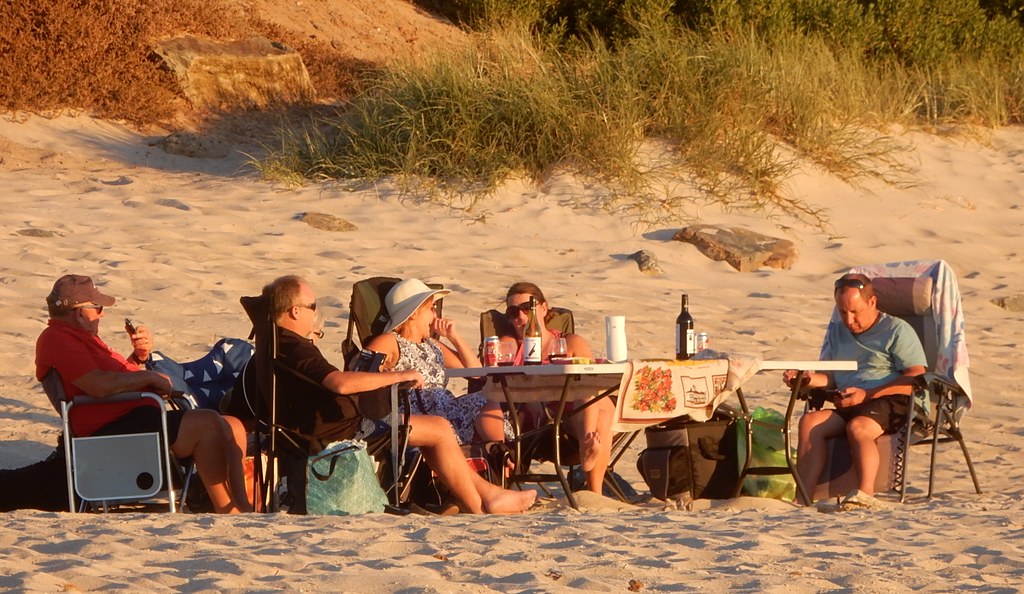|
I was shocked and saddened to hear about 3 sudden deaths recently – 2 from unexpected natural causes - a heart attack and an aneurysm - and the other due to a tragic accident. This, and last week’s devastating news of 6 people losing their lives in the shootings in Plymouth, has made me think about sudden death and how the bereaved are affected. When a person is elderly or is ill, we have time to prepare ourselves for their passing, we have time to say the things we need to say, ask questions, make peace if there’s been a rift, and eventually say our goodbyes. With a sudden death however, there is no opportunity to do any of these things and the bereaved are left traumatised and may need special support, so I’ve put together a list of free resources available in the UK. Coping with suicide: https://www.dyingmatters.org/page/dealing-sudden-or-violent-death#Coping For emotional and practical support in the first 10 weeks following an unexpected bereavement: https://sudden.org/about-our-help/sudden-helpline/ Advice on supporting someone following an unexpected bereavement: https://www.dyingmatters.org/page/dealing-sudden-or-violent-death#loss And for emotional support, whatever you're going through, 24 hours a day, 365 days a year: https://www.samaritans.org/ Please share widely, and if you can add to these, or would like to comment, please click on the button below. #suddendeath #bereavement #embracingageing #suicide
0 Comments
Mark Middleton of Growing Bolder says "Having friends is the vaccine against sickness, depression and cognitive decline. As we age, lack of friends can be more harmful to our health than smoking, alcohol or obesity"
Maintaining social contact is vitally important, whether or not you have a partner or share you home with someone. So, if your friends don’t call, don’t assume it’s because they don’t want to talk to you. They may have had stuff to deal with that you don’t know about, so give them a ring, or drop them a text message just to check up on them. Suggest a coffee or lunch, but don’t leave it at that. Make a firm date and time to meet - I recently spent a lovely afternoon chatting to a friend that I haven’t seen for 3 years. If it has to be you that always does the organising, so be it. I’ve found that reaching out to friends has never been a negative experience. And remember to be spontaneous. If they suggest meeting tomorrow and you have time, just do it. And if you think you don't have time, re-arrange your schedule to strike while the iron's hot, or offer an alternative. By the way, if you’re feeling down – reach out to your friends. It may be that you need some time alone, but it's often helpful to talk about how you're feeling. There’s an old saying that a problem shared is a problem halved and a different perspective may well help you to see things differently. If you're in a situation where you've lost touch with your friends, it's never too late to make new ones. Some of the things you can try are Meet Up groups close to you - if you have a particular interest you can usually find a group with similar interests. You could try volunteering, doing a course, or joining a club. Start a conversation with your neighbours, or start a club of your own. A final thought - if you've parted on bad terms with someone who was a good friend, maybe it's time to offer an olive branch. Apologise if you need to, or just suggest that you draw a line in the sand and start again. Renewing an old and valued friendship is the best thing in the world. As always, I'd love to hear your comments |
Archives
May 2023
AuthorI'm Krystina (Tina) Spicer, NLP Practitioner, Life Coach, Stress Management and Resilience Trainer and Hypnotherapist and want to use my skills to help other people deal with the challenges of ageing and live full, productive and happier lives. Archives
May 2023
|
Photo used under Creative Commons from mikecogh


 RSS Feed
RSS Feed
